A Bookish Chat with Shelby Londyn-Heath, author of 'The Twilight Tsunami'
Shelby Londyn-Heath, a transplant from New
York, has been a world-traveler, crossing the Sahara
Desert on the back of a salt truck,
working on banana plantations in Spain,
an oil company in New York, and
on coffee farms in Hawaii. She
has jumped freight trains across the United
States, and she was the proud owner of a
beachfront bamboo hut on the Canary Islands. She has
worked as a counselor, social worker, and teacher.
WEBSITE & SOCIAL LINKS
WEBSITE | TWITTER | FACEBOOK
About the Book:
Grey is a hard-hitting foster care social worker who removes
babies and children from dangerous drugged parents, violent homes, and families
joined with criminal gangs. He is unstoppable until a
new social worker enters his department. She is hungry for power and position, as she challenges Grey in malevolent and unexpected ways. As Grey yanks newborns from mothers, confronts irate parents, and lives through suicides of foster children aging out of the system, nothing stops him, until he meets his nemesis, a truly power-hungry woman. He must find her "Achilles Heel" and his inner truth, in order to rise up to conquer her. One of them must be transformed or destroyed.
new social worker enters his department. She is hungry for power and position, as she challenges Grey in malevolent and unexpected ways. As Grey yanks newborns from mothers, confronts irate parents, and lives through suicides of foster children aging out of the system, nothing stops him, until he meets his nemesis, a truly power-hungry woman. He must find her "Achilles Heel" and his inner truth, in order to rise up to conquer her. One of them must be transformed or destroyed.
Purchase
your copy at Amazon.
Q: Welcome to The Writer's
Life! Now that your book has been published, we’d love to find out more
about the process. Can we begin by having you take us at the
beginning? Where did you come up with the idea to write your book?
I was in a unique position to tell
a story about foster care because I worked with families that were referred by
Child Protective Services. I also counseled children and families in the foster
care system, and I raised a foster child who had special needs.
My book The Twilight Tsunami is
a work of fiction emerging from the intense drama inherent in the foster care
system. What drama, you ask? Try looking at parent’s faces as you are on
the witness stand vouching for their ability, or inability, to be safe parents,
try listening to parents’ cries and screams when they are notified they lost
legal rights to their children, try hearing children’s sobs as they leave the
last meeting with their parents to move into another strange family’s home,
This
drama does not stop with families. What about the social workers who risk their
lives daily to ensure the safety of children? These workers go alone to drug
houses where they investigate abuse reports, they go to homes with police
officers to remove children from distraught and unpredictable parents, and they
go shopping on their days off work, always with the uncertain knowledge that
there may be angry, drugged, or mentally ill parents nearby who have vendettas
against them.
Q: How hard was it to write a book like this and do you have any tips that you could pass on which would make the journey easier for other writers?
This book
was excruciating to write. It brought up secondary trauma, that state-of-mind
arising from witnessing other people traumas. Social workers and counselors
get secondary trauma, but because of their training, they keep it safely
submerged, or they debrief through peer reviews, or in some cases, they have
counseling sessions with a trained therapist..
Writing a
book, even when it is fiction, can bring up the unexpected. I think all writers
would agree with this. Sometimes the unexpected surfaces in a flood, albeit a
joyful flood, or in my case, a painful flood.
Q: What
should writers do when this happens?
Go with
the flood. Write as much and as fast as you can, then put your manuscript away.
Take time off. Call a friend and go to the movies, go to the beach, or go for a
hike. Nurture yourself . Give thanks for all the positive aspects of your
life. But stay away from your manuscript until you have neutralized your
emotions and can handle going back to your writing. You will know when the time
is right.
Q: Who is
your publisher and how did you find them or did you self-publish?
My
publisher is Harvard Square Editions. I found this press through Poets and
Writers. Harvard Square Editions was started by several alumni of Harvard University. I was drawn to this particular press because it was
looking for authors with social or environmental messages. Aha, I thought.
Here’s a press that will handle the unexpected, and I have plenty of it for
them.
Q: Is
there anything that surprised you about getting your first book published?
Yes. It
took a long time for my book to be published. I had to do revisions,
revisions, and more revisions. Looking back, I am glad that the editor demanded
a clean copy. Apart from the revisions, I was surprised at the emotions I
went through before the publication of my first book. On some days I felt
jubilant; yea, my first book, my dream come true! On other days, I felt fear,
like I was opening a door I was not sure I wanted to walk through. I asked
myself if I would lose my sense of privacy, so important to me as a writer.
Would I be made fun of, would my writing upset anyone, would I be able to
handle the other side of publication: promotion and marketing? It was a lot
like entering a new school...uncertainty... fear of rejection and ridicule...
and doubt about being able to handle the demands of a new program. Going
through these emotions totally surprised me.
Q: What
other books (if any) are you working on and when will they be published?
I started
working on a psychological thriller called Finding Hotel Durango. It is
about a young, ambitious, head-strong corporate woman who travels to a tropical
island she intends to develop. However, she cannot find the hotel she made
reservations at. She travels through jungles, across rivers, past head-hunters,
and through flesh-eating environmental zones in search of this hotel..What she
finds instead of the hotel surprises her and up-ends her life. She goes through
a mythic journey of sorts, but she is feisty and she battles the world and
herself, the entire way.
Q: What’s
one fact about your book that would surprise people?
The
Twilight Tsunami is brimming with
surprises. I think overall, that readers will be surprised at how easy it is to
read this book. I engage in an experimental form of writing that is akin to
surfing the internet. For instance, my chapters are short and snappy and they
do not follow the theme of the book in chronological order. Readers get new
information constantly, as action-packed characters weave in and out of the
protagonist’s ongoing conflict. What the reader experiences is a kaleidoscope
of stories woven into the main story, all interrelated, keeping readers engaged
and intrigued. People who have read my book say they could not put the book
down once they started reading it.
Q:
Finally, what message (if any) are you trying to get across with your book?
What is a
good book without messages? I think the most important message in my book is
the truism that when you are unfaithful to yourself, not only do you suffer,
but others around you do too. When you live in the fast lane of others’
expectations, you harvest a barren crop, no matter what your spreadsheets tell
you.
Being
untrue to yourself can also spill into areas such as ignoring broken people and
broken institutions. You know they need help, but you may tell yourself they
are not your problem. Is that what your inner voice is really telling
you?
Q: Thank
you again for this interview! Do you have any final words?
Yes. I
just started a blog. I would love for you to visit me at www.shelbylondynheath.wordpress.com


















































































































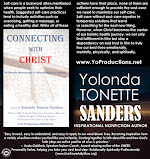


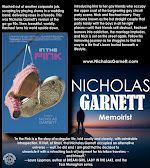


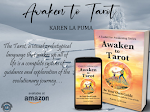
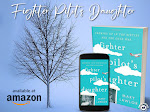
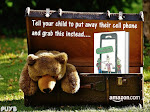
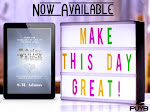


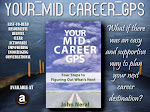
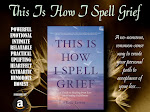
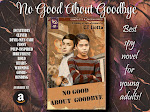

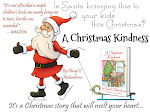
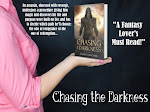
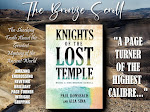


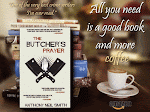
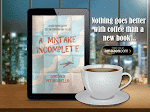
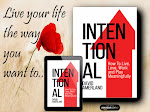
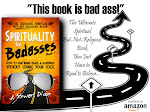

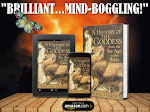

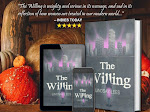
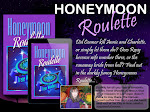
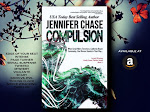
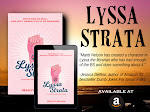
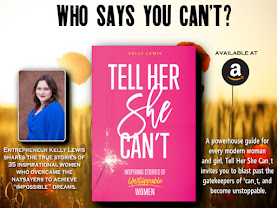









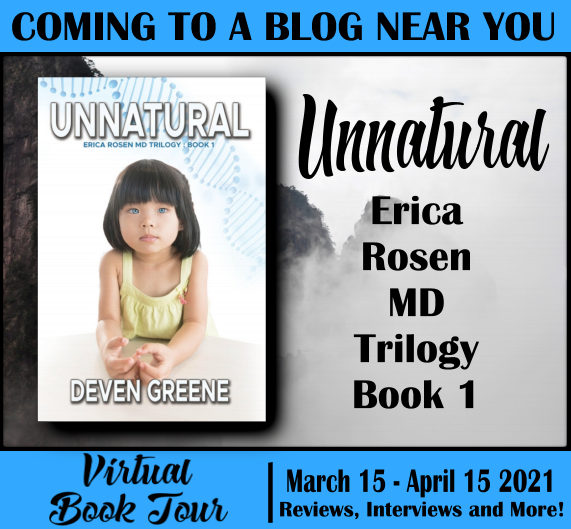
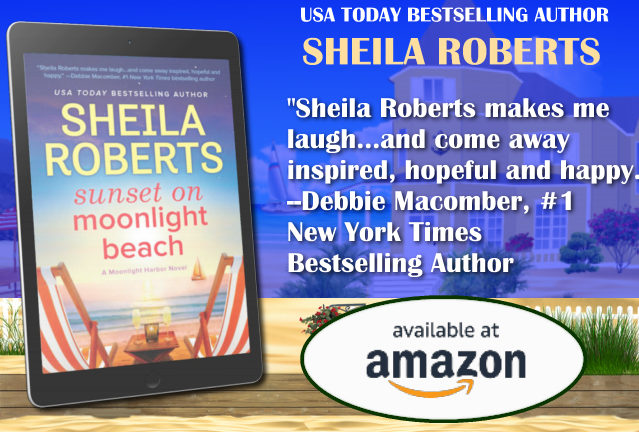
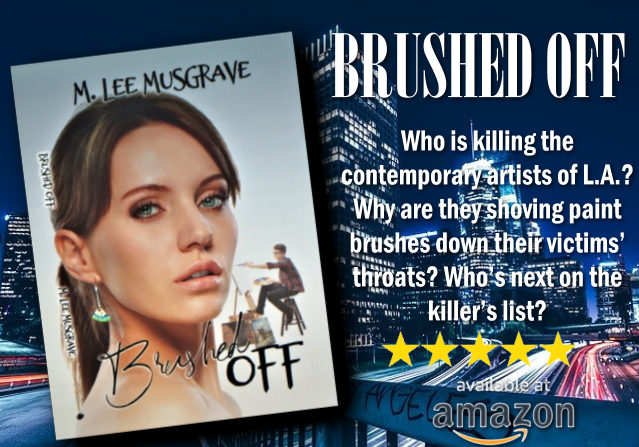


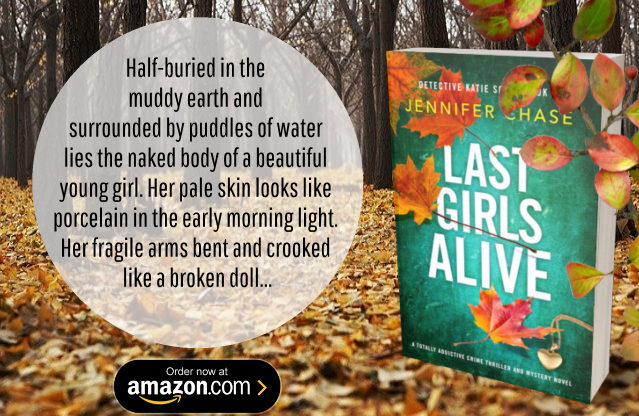
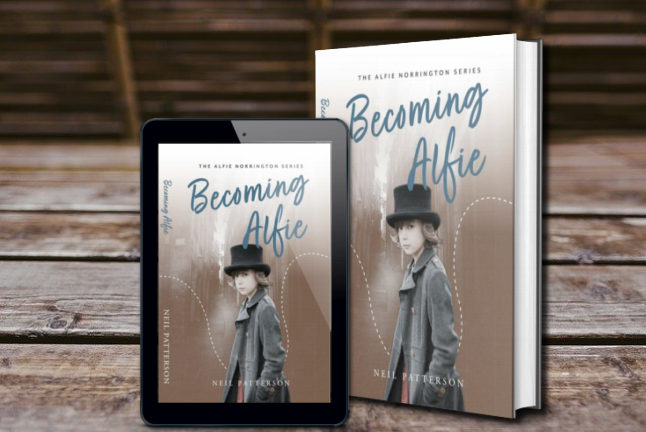
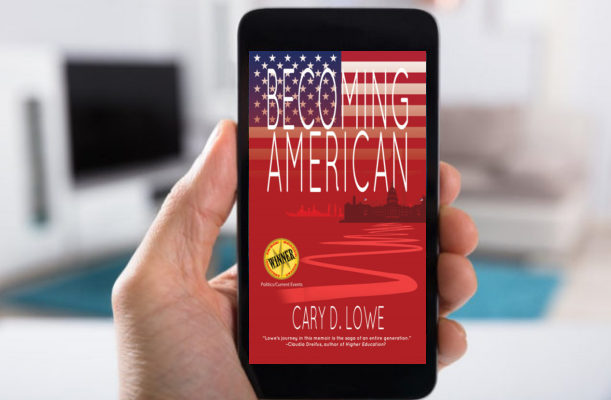

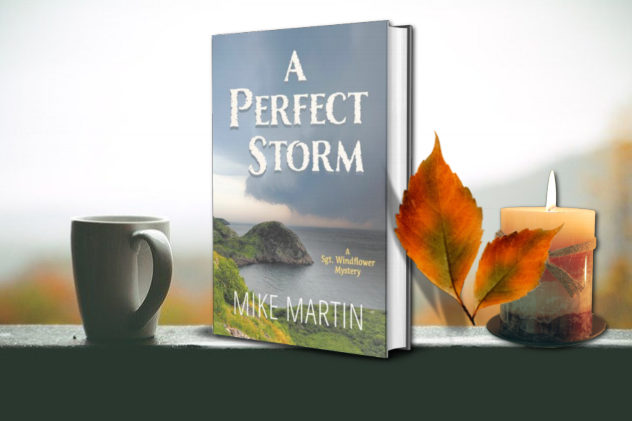
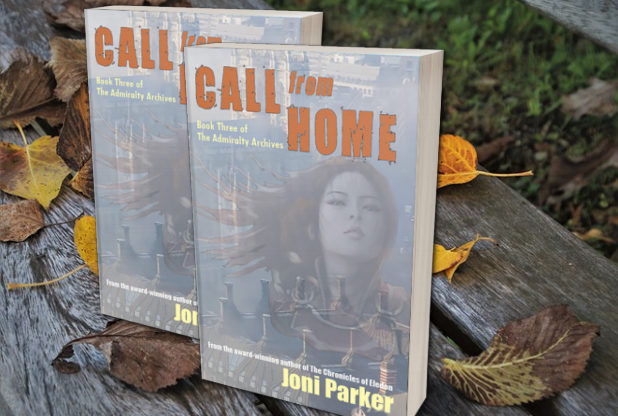
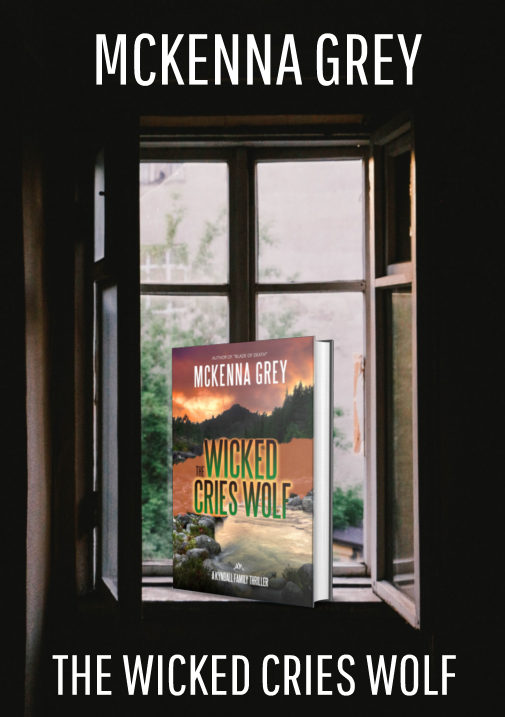
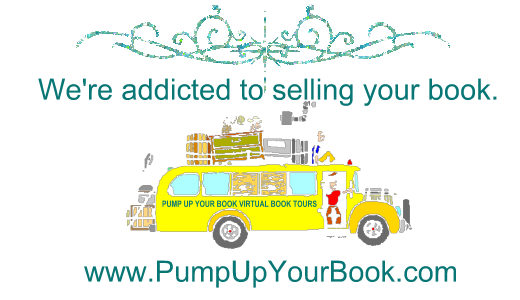

Leave a Comment